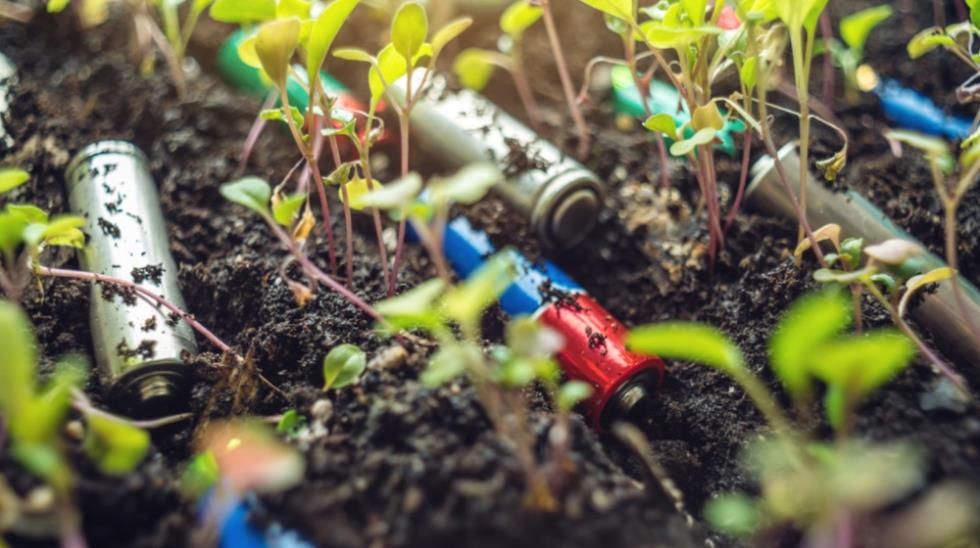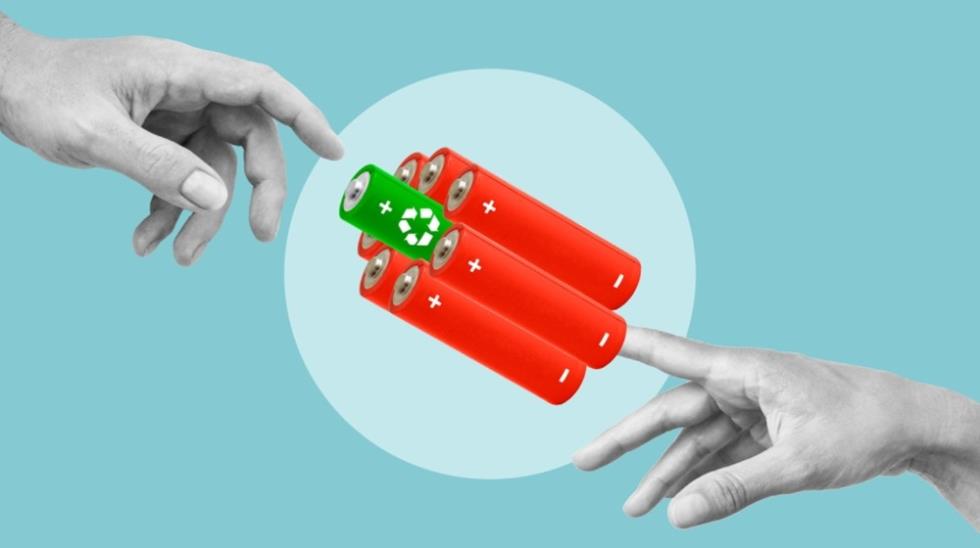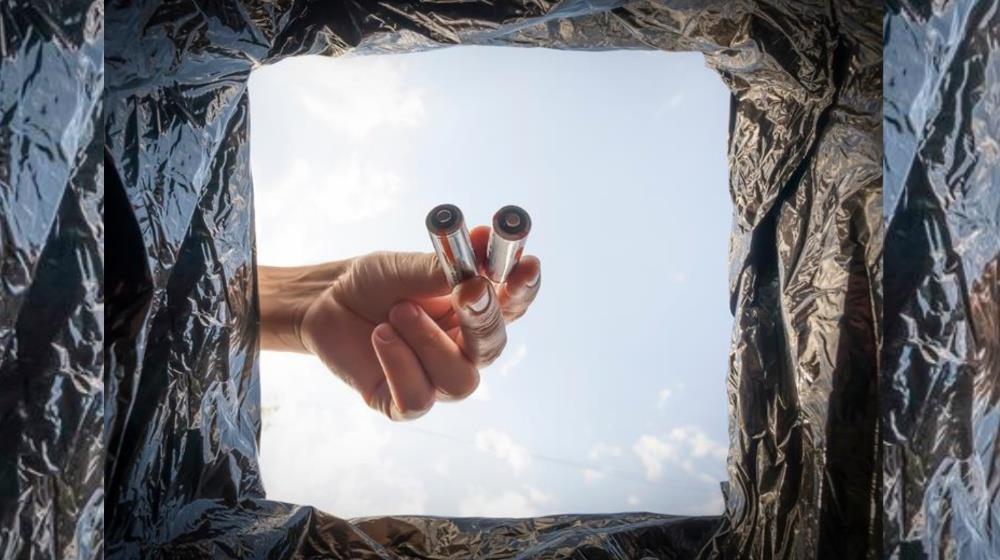Proper battery handling and recycling continue to play a crucial role in the global effort towards cleaner energy and sustainability. In Cyprus, the vision of a future where no battery ever finds its way into a landfill is being spearheaded by AFIS Cyprus Ltd, the licensed collective management system responsible for gathering and recycling portable batteries up to 2 kg.
Why battery recycling matters
Production, utilisation, and finally, disposal: this is the lifecycle of a portable, non-rechargeable battery. And it is in the final stage where the greatest danger to the environment lies. Used batteries tossed into general waste release toxic substances, such as heavy metals, which filter into the soil and groundwater and eventually pass into the food chain.
Thankfully, these harmful consequences can be avoided with a simple yet highly effective change in our habits. Instead of hoarding our used batteries in a cupboard or a shelf, only to throw them in the trash at some point, we only need to place them in the AFIS Cyprus bins. One small gesture that marks a considerable improvement in public health protection, raw materials, and energy conservation, while reducing the amount of hazardous waste sent to landfills.

Which batteries can you recycle and how?
You can recycle all types of dry cell batteries up to 2 kg in weight, provided they are not built into an appliance. AFIS has established hundreds of collection points across Cyprus, found in supermarkets, schools, banks, telecom stores, and other public places. Once deposited in an AFIS bin, batteries are collected, transported to licensed facilities, and recycled in line with EU legislation.
The battery recycling process and its impact
What happens after you have deposited your used batteries in an AFIS bin, step-by-step:
- Collection: Batteries are gathered from collection points.
- Pre-processing: Batteries are disassembled, discharged (especially for lithium types), and prepared for material recovery.
- Extraction & recovery: Valuable metals like lithium, cobalt, nickel, steel, zinc, and manganese are recovered.
- Re-use: These recovered materials can then be fed back into manufacturing new products, ranging from batteries to bicycles to electronic goods.
In Cyprus, AFIS has reported impressive results. By mid-2025, the organisation had collected over 37,000 kg, bringing the cumulative total to nearly 1 million kg. Additionally, they installed 55 new recycling bins in the first five months of 2025. Each kilogram recycled means fewer toxic metals entering the environment and a more straightforward path toward sustainability.

No more toxic relationships… with our batteries
Keeping your used batteries stored somewhere in the house or throwing them in the trash: these are the two signs (or “red flags”, as GenZers call them) that you are in a toxic relationship with your batteries! And with its latest campaign, AFIS Cyprus urges us to break free of this harmful cycle by ending this “relationship” respectfully: by putting your used batteries in the nearest AFIS bin. After all, everybody deserves a chance to start over and fresh after a “break-up”!
For more information and to locate your nearest battery recycling bin, visit afiscyprus.com.cy or follow AFIS Cyprus on YouTube, Instagram, and Facebook.









